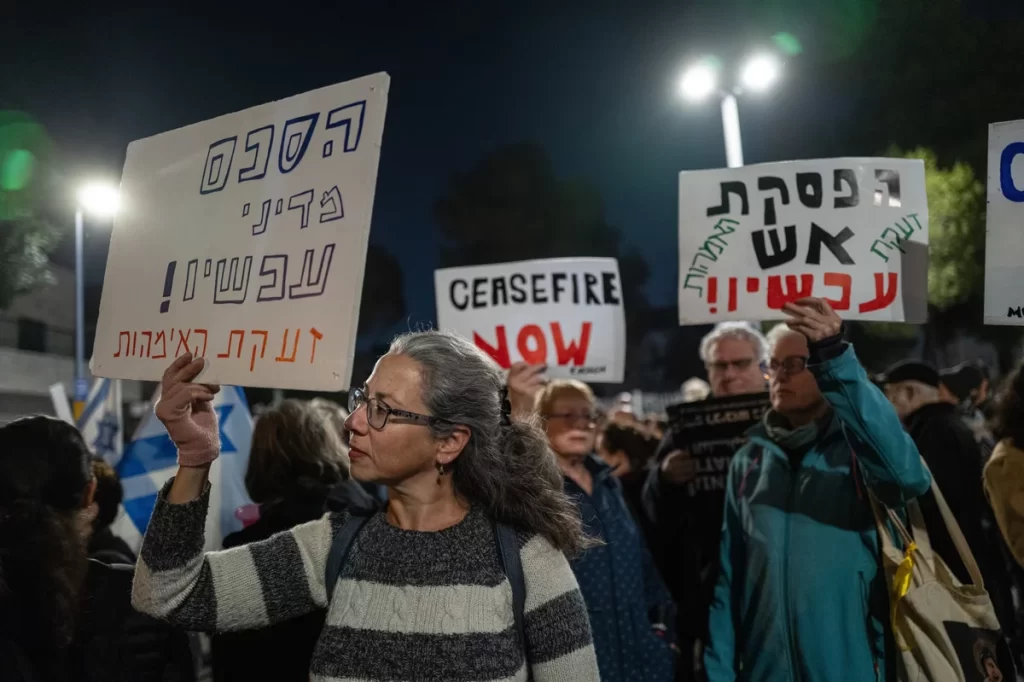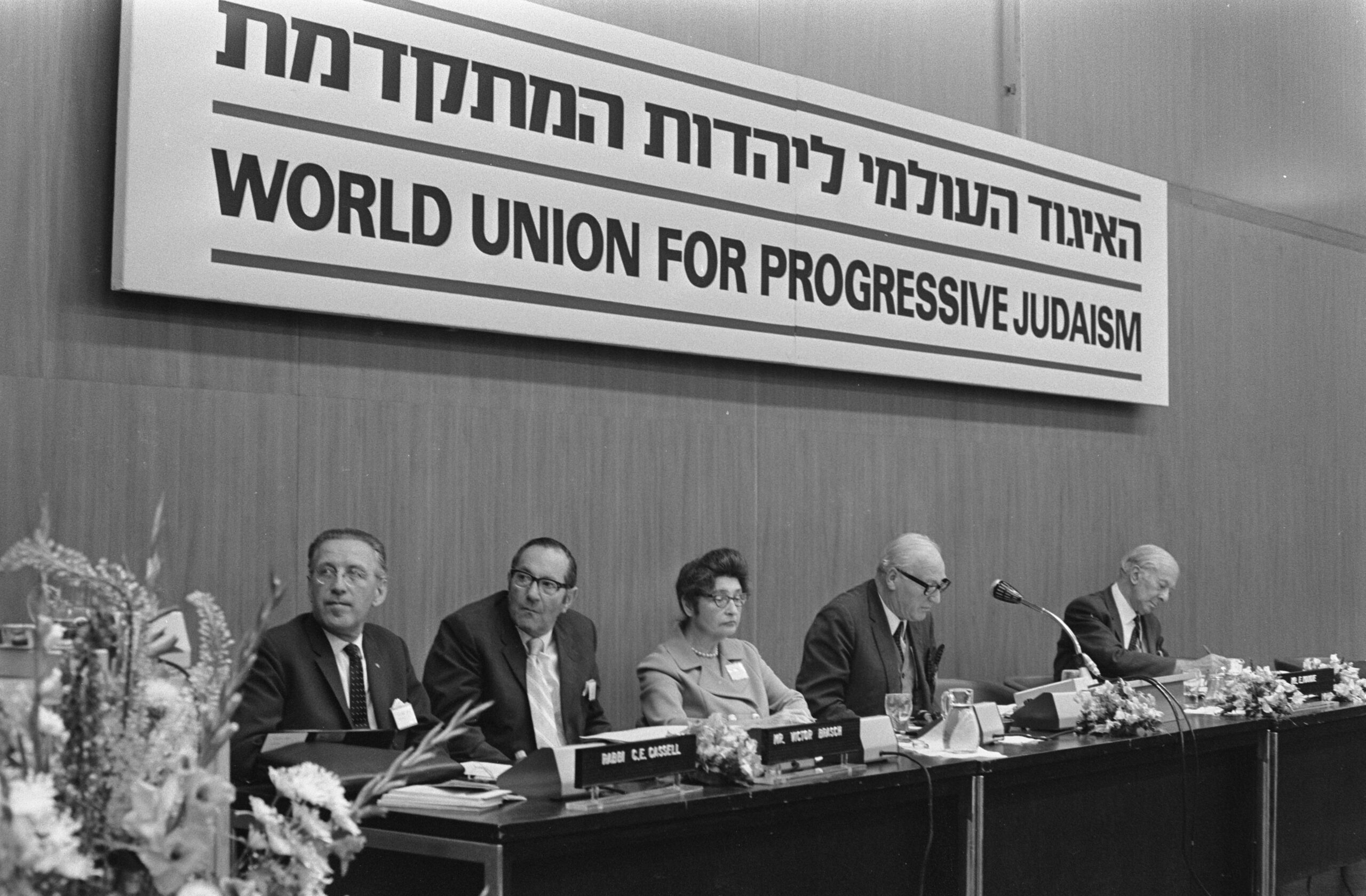Israel’s actions today were unjustified. In launching an operation to take control of the flotilla of ships seeking to take aid and materials to , an operation in which at least 10 people died, the Israeli army has behaved in an entirely unjustified manner.
Some may think my language excessively moderate. Others have already used term like ‘massacre’ ‘war crimes’ ‘barbaric attack’ and variations on these. I avoid them because I believe that where Israel/Palestine is concerned it is best to lower, rather than raise the volume, to deal in facts rather than in slogans. If nothing else, easy slogans make it too easy for the defenders of Israel to ignore the critique. In this case, where the facts so clearly fail to justify the IDF’s behaviour, we need to make full use of them.
The flotilla was the latest attempt in the campaign, led by the Free Gaza Campaign, to break the blockade of Gaza. There have been several ships sent during Israel’s 3 year blockade (of which more below), and while most have been stopped, some have been allowed through (see here ) in moments when the Israeli government decided to be a little more tactical, or perhaps more importantly, before Benjamin Netanyahu became Prime Minister. The Flotilla, the latest of such attempts, was bringing in necessary
“cement & building materials, medicine & medical equipment, wheelchairs, school & art supplies, playground & sports equipment”
Israeli spokespeople have claimed that in reality, there is no blockade, and had the activists simply brought their cargo to an Israeli port, Israel would then have brought them to Gaza. This is disingenuous. While Israel is allowing in what it terms humanitarian aid, the amount, and items allowed in are strictly controlled. It is estimated that the permitted deliveries to Gaza represent a mere 20% of imports before the blockade began in 2007, and that’s without considering the greater need for materials for reconstruction due to the war of January 2009. Just as importantly, Israel bans all materials for building for entering Gaza, including cement and glass. The reason is to make it impossible for Hamas operatives to build more weapons, but has the effect of stopping Gazans from rebuilding their houses, schools and public building, or from restoring any semblance of normal life. It would be one thing for Israel to stop actual weapons from entering Gaza; quite another to ban materials that are necessary for maintaining society.
Within Israel’s stated policy of maintaining the blockade, they had the option of simply stopping it from reaching Gaza. They could have sent naval ships to surround the flotilla, enclosing it, and then, once it acquiesced, escorting it to the Israeli port of Ashdod. If, following such an action, the flotilla had fired upon the navy, showing that it was seriously armed, the IDF would have been then justified in taking control of the ships, being then, a more genuinely self-defensive act. Why did they not do this? Presumably, because it could have led to an embarrassing stalemate, and kept the issue in the news for the several days it might take to resolve. Ironic, given the terrible publicity they have now received.
Instead of this, Israel opted to send in soldiers to take control of the ship, in international waters, making the act entirely illegal. In taking such action, in the middle of the night, it was almost inevitable that there would be resistance, and with it, the risk of fatalities. Perhaps if the organisers had been absolute saints, carefully trained in non violent resistance, the deaths could have been avoided. Certainly the activists should have been more fastidious in ensuring they gave no provocation to the Israeli troops. There can be no justification in illegally invading a ship, an action which is extremely likely to lead to injury and death, in a situation where the ship is not attacking you, is not carrying arms and has no violent intent.
Continue reading →






